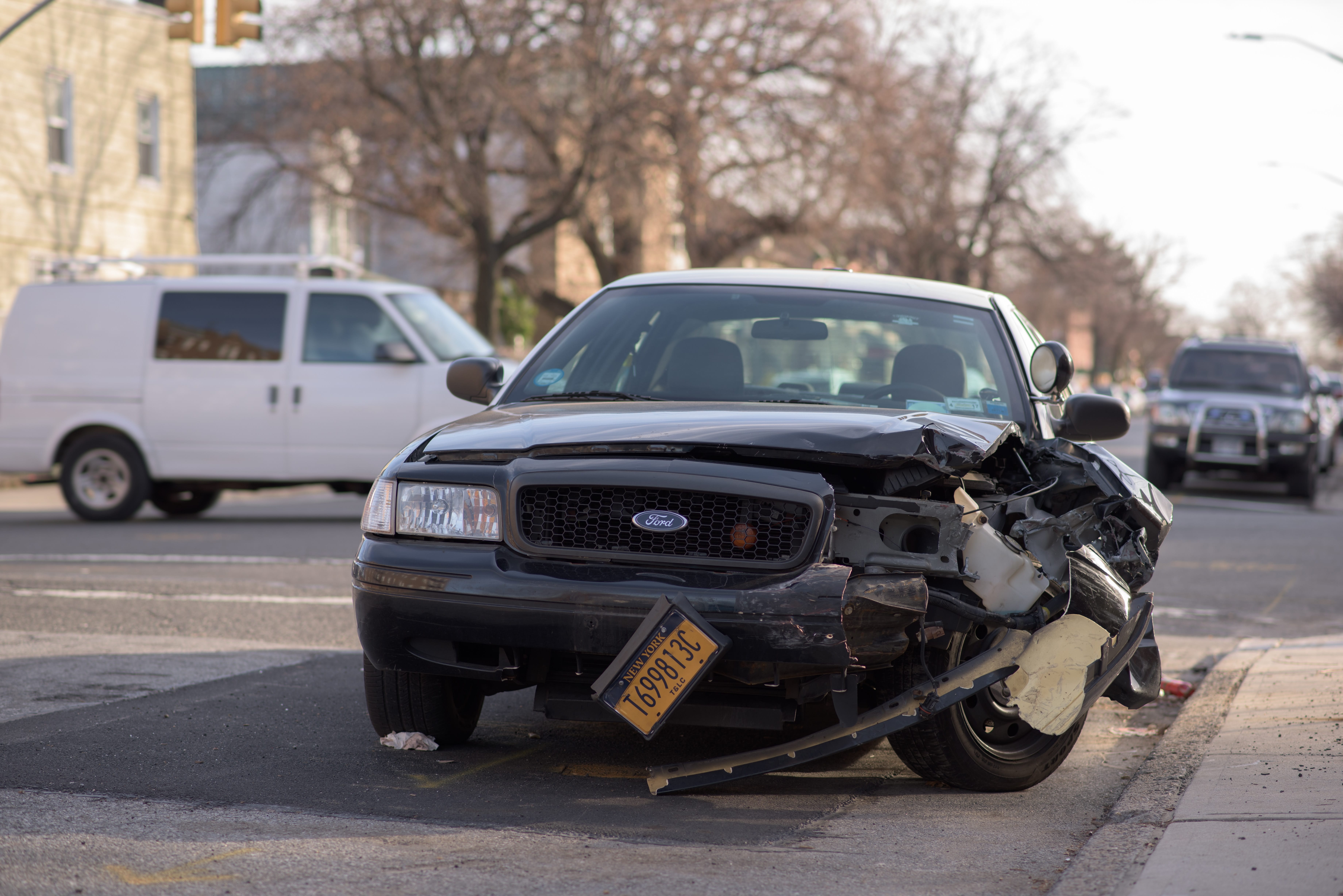Navigating the aftermath of a car accident involves multiple steps, from assessing vehicle damage to seeking legal and medical support.
Accidents can be overwhelming, leaving car owners and accident victims unsure about the following steps. Knowing how to navigate the aftermath—from assessing damage to seeking legal support—can significantly affect your recovery process. This guide aims to provide clear, actionable steps to manage car repairs and legal issues after an accident effectively.
Understanding the Damage: How to Assess Your Car’s Condition After an Accident
The first step after ensuring everyone’s safety is to assess the damage to your vehicle. Here’s a simple checklist to help you get started:
- Visual Inspection: Look for signs of damage like dents, scratches, or broken parts.
- Functional Check: Test the car’s lights, brakes, and steering to identify operational issues.
- Professional Assessment: Even if the damage appears minor, it is crucial to have a professional mechanic inspect your car. Some issues may not be immediately visible but could pose serious risks if left unattended.
- Check for Hidden Damages: Some damages, such as internal engine or transmission damage, may not be apparent but can significantly affect your car’s performance and safety.
It is essential to thoroughly understand the extent of the damage to your car before proceeding with repairs. Ensuring that insurance covers all necessary repairs will prevent any potential issues.
Finding the Right Repair Shop: Tips for Selecting Reliable and High-Quality Auto Services
Choosing the right repair shop is essential for ensuring your car is fixed correctly. Here are some tips to help you make an informed decision:
- Reputation Matters: Look for reviews and ask for recommendations from friends or family.
- Certifications and Experience: Ensure the shop has certified technicians and experience with your car’s make and model.
- Warranty and Insurance: Check if the repair shop offers a warranty on its work and if it accepts your insurance.
Navigating the Legal Process: Steps to Take with Personal Injury Attorneys
Dealing with the legal aspects of an accident can be daunting. Here’s how to streamline the process:
- Hire Personal Injury Attorneys: Consult with a personal injury attorney specializing in car accident cases. They can help you understand your rights and navigate the complexities of your case.
- Document Everything: Keep detailed records of medical treatments, repair bills, and any communications with your insurance company.
- Negotiate Settlements: Your attorney can negotiate with insurance companies on your behalf to ensure you receive fair compensation.
Financial Considerations: Dealing with Insurance Claims and Out-of-Pocket Expenses

Managing the financial impact of an accident involves dealing with insurance claims and potential out-of-pocket expenses. Here’s what you need to know:
- File Your Claim Promptly: Notify your insurance company as soon as possible to start the claims process.
- Understand Your Policy: Know what your insurance covers and any deductibles you must pay.
- Track Expenses: Keep receipts and records of all repair costs and medical bills to ensure you’re reimbursed appropriately.
Long-Term Wellness: Importance of Physical and Mental Health After an Accident
Accidents can take a toll on both your physical and mental health. Prioritize your well-being by following these tips:
- Seek Medical Attention: Even if you feel fine, a medical evaluation can identify any hidden injuries.
- Follow-Up Care: Attend all recommended follow-up appointments and treatments.
- Mental Health Support: Consider counseling or support groups to help cope with any emotional stress or trauma resulting from the accident.
Navigating the aftermath of a car accident involves multiple steps, from assessing vehicle damage to seeking legal and medical support. By following this guide, you can manage the process more efficiently and ensure a smoother recovery. If you’ve been involved in an accident, don’t hesitate to seek professional help from a repair shop like Module Experts and a personal injury attorney. Taking these steps can make a significant difference in your recovery journey.


Join the conversation!